Cat theft is unfortunately on the increase, with recent research in the US putting the numbers as high as 60 cats being stolen each week according to data taken from local police authorities. With over 50% of households being pet owners, it could affect you and your family.
Aside from the heartache involved with your cat being taken, it could also have financial implications too. I asked an insurance expert I know whether it’s possible to insure a cat for theft and against being stolen? Here’s what they said:
Can you insure your cat against theft? You can insure a cat for theft, and pet policies will include this as standard or as optional cover. Cat theft insurance can include money to help with advertising for the return of your cat, reward cover, and payment to act as consolidation for your loss if the cat is not returned safely.
How many cats are stolen in the US each year?
The American Society for the Prevention of Cruelty to Animals recently published research into stolen cats and found that thefts were on the rise, despite increased awareness of the crime.
They submitted freedom of information requests to police forces around the US and found that cat thefts were reported historically as:
- 2013: 10,491 cats reported stolen
- 2014: 10,599 cats reported stolen
- 2015: 10,776 cats reported stolen
- 2016: 10,774 cats reported stolen
But isn’t actually a true reflection on what’s happening around the country.
In fact, the Independent Cat Society and The Humane Society of the United States believe it’s far more common than the police data suggests, with more than 60 cats being stolen daily.
That’s an increase of 24% over the last three years.
Handy Hint: I recently wrote a new article with updated theft statistics on how many cats get stolen each year.
What is the best cat theft insurance for stolen cats?
There are various websites which let you compare the various cat theft insurance policies, many of which come with stolen cat insurance cover as standard.
It’s important to select not just a policy that gives you the peace of mind in knowing you have adequate coverage, but also one which suits you and your pet.
As an example, a report from 2014 showed that of 280 of the most popular cat insurance policies in the United States, just 72% of them provided money to help owners advertise their lost or stolen cat and offer a reward.
The same study also showed that just 60% of cat insurance policies have cat loss and theft coverage as part of the standard policy, rather than as a payable extra.
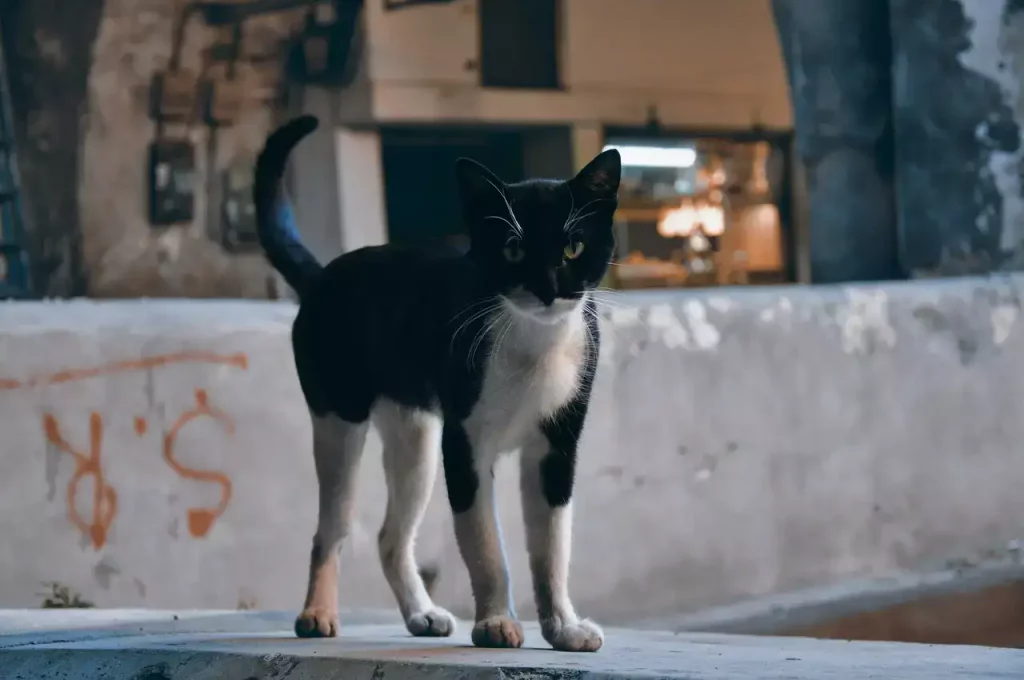
That’s why it’ so important to have the right cover, as on average the insurance policies that do offer advertising costs can payout up to $500.
There are even policies that will increase that advertising cover to up to $1,000.
You can also get insured for pay outs regarding consolation of a lost pet, and money to replace the value of your cat should it not be found.
Why do cats get stolen?
Cats get stolen for a variety of reasons. Sometimes it can be an opportunistic crime, but in many cases, cats will even be stolen to order.
Just some of the media reports over the last decade have noted the following reasons for cat theft, some of which are more common than others.
- Desire-based thefts and jealousy.
- Sadistic acts and revenge.
- Research laboratory requests.
- Fighters or bait for catfighting.
- Breeders for kitten mills.
- Meat for human consumption.
- Meat for exotic animals.
- Fur-trade reasons.
- To be sold in pet stores.
- Guard cat requests.
- Ritual sacrifice for satanic cults.
How to stop someone stealing your cat
It doesn’t matter what type or breed of cat you own; they are all at risk of being stolen due to the wide range of reasons I have listed above.
As a cat owner you should be aware of the risks and take preventative action to ensure it doesn’t happen to you and your pet.
Those most common scenarios where cats get stolen according to the Pet Theft Census are:
- From gardens: 52% of cats are stolen in this manner, so don’t assume because they are in your property they will be safe.
- During burglaries: 19% of cats are stolen during burglaries and when thieves break into your home or business property.
- Whilst out walking: 16% of cats are stolen during a walk for example when they are temporarily out of sight when out in the woods or a park.
- When tied outsides shops: 7% of cats are stolen whilst tied up in a public place such as outside a business or shop.
- From cars and vehicles: 5% of cats are stolen from inside parked cars and vans, often with windows being broken in.
Ways in which you can keep your cat safe from theft
Whilst you should make sure you have adequate cat theft insurance that covers you for a stolen cat, you should make steps in ensure it never happens in the first place.
Ways in which you can help protect yourself against cat theft include:
- Look to secure your gardens and think about whether thieves can reach over fences and gates.
- Keep all garden gates and access points to your property are locked.
- Don’t leave your cat unattended in your garden.
- Fit visible alarm systems plus CCTV to your property to help deter opportunistic crimes and burglaries.
- Use GPS pet trackers so you know where your cat is at all times.
- Spay and neuter your cat as it will reduce their inclination to wander away from your home.
- Be wary of strangers who start to take an interest in your cat.
- Keep your cat on a lead when out for a walk, and don’t let them out of your sight if they are off the lead.
- Vary your walking times and the places you walk your cat at.
- Don’t leave your cat tethered up outside a shop or business.
- Don’t leave your cat alone in your car.
- Have your cat properly identified with collar, tag, and microchipping.
- Have an up to date photo of your pet available in case you need to create reward posters.
The law on microchipping
Microchipping your cat became compulsory in the United States in April of 2016. This should mean that it’s a lot easier to return lost and stolen cats to their owners.
Unfortunately, the law currently doesn’t extend as far to requesting vets and welfare authorities actually scan lost cats when they come into their care.
Even if your cat is microchipped and found, it might not make a difference, particularly given that there are ten different approved microchip databases that don’t share data.
I believe this should change.
What are the most stolen cat breeds?
Many thieves in the United States will steal pedigree and expensive breeds to order. For the criminals it’s money-making exercise, as they know that certain cat breeds will fetch more on the resale market.
If you own a cat who falls into any of the categories shown above, it’s certainly food for thought in making sure you have the right type of cat insurance in place.
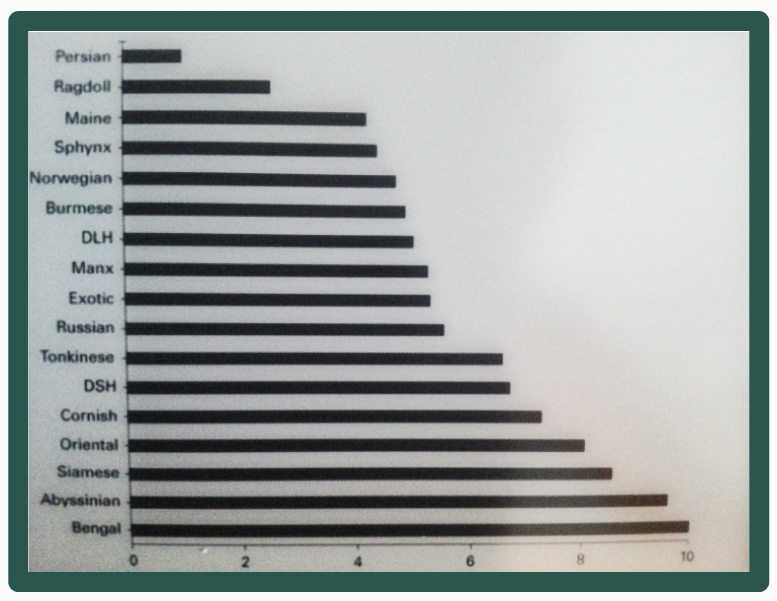
Steps to take if your cat does get stolen
If you cat does get stolen, there are steps you can take to help increase the chances of a safe return.
- Report your stolen cat immediately to the national microchip companies.
- Use the United States government’s missing cat database
- Report any suspected crime to your local police authority.
- Put up posters with a recent photo of your cat in your local neighbourhood.
- Register your missing cat on the Pet FBI
- Use social media to raise awareness and spread the reach of your search.
Conclusion
Without cat theft insurance cover, you could have to spend in excess of $1,000 to successfully find and return your stolen cat.
The sooner you inform your insurance company, the sooner you can help and support in paying for the expenses you might incur in finding your lost cat.
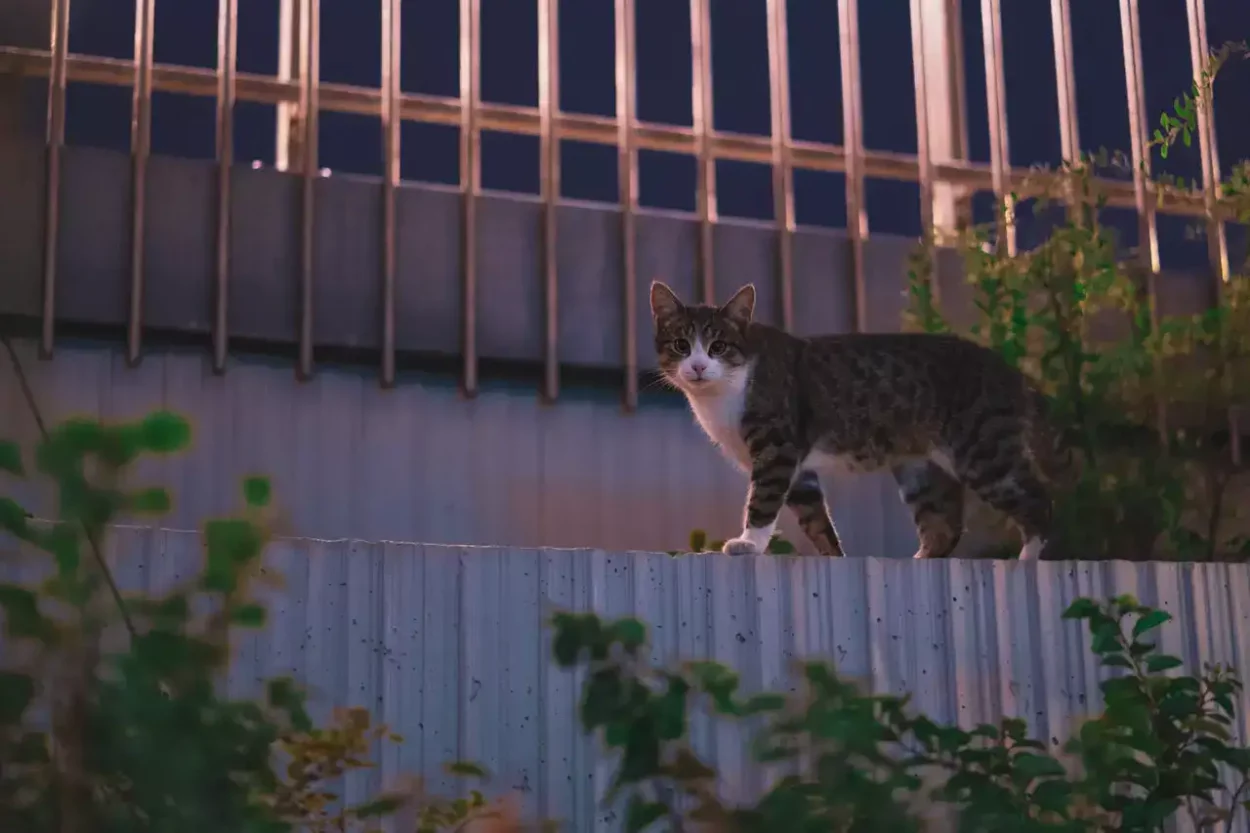
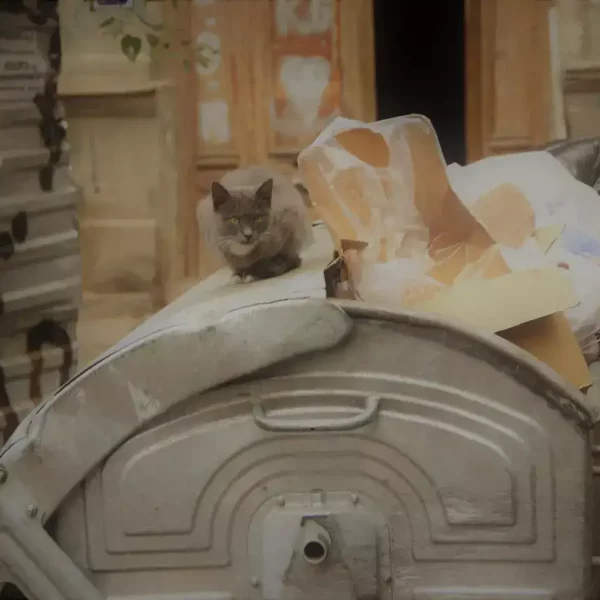
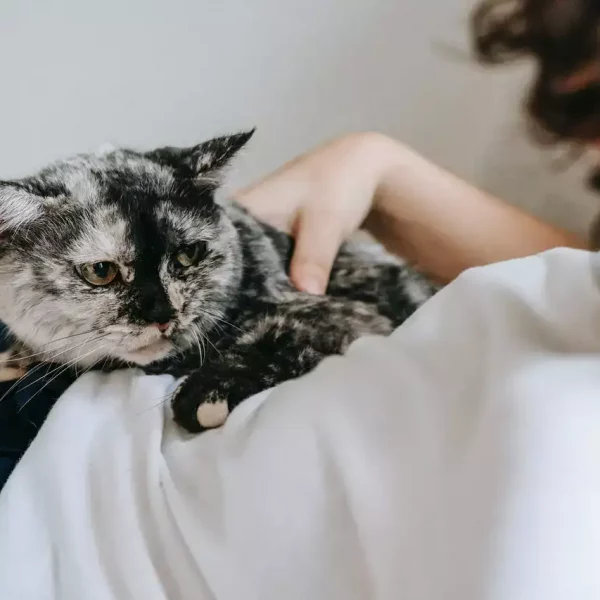
Leave a Comment